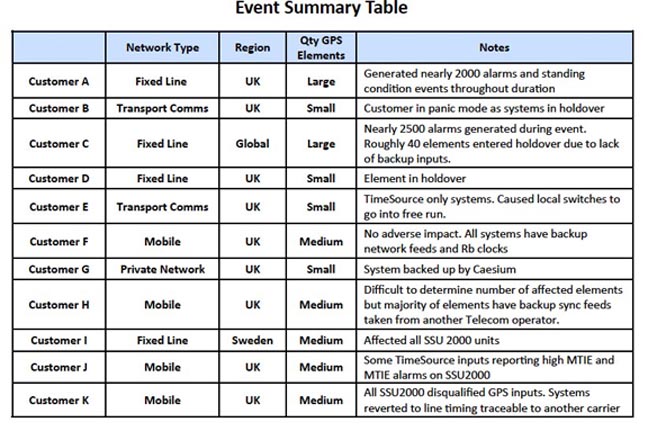The British Broadcasting Corporation (BBC) said yesterday (February 2, 2016) that the recent decommissioning of a GPS satellite led to difficulties for listeners receiving digital radio signals.
In a response to the reported issues, the BBC said: "The outages were caused by a rogue GPS satellite (SVN23), which was taken out of service in the evening of 26 January."
The British Broadcasting Corporation (BBC) said yesterday (February 2, 2016) that the recent decommissioning of a GPS satellite led to difficulties for listeners receiving digital radio signals.
In a response to the reported issues, the BBC said: "The outages were caused by a rogue GPS satellite (SVN23), which was taken out of service in the evening of 26 January."
An erroneous software upload to satellites during the removal of SVN23 from service caused a 13-microsecond error in the coordinated universal time (UTC) transmitted by 15 GPS satellites.
Although the Air Force said that the problem was corrected within a few hours, a white paper released by Chronos Technology today (February 3, 2016) indicates that problems continued for two days after the anomaly first appeared in GPS navigation messages.
UK-based Chronos provides a round-the-clock support desk for nearly 100 timing equipment users in more than 50 countries around the world. The accompanying table from the white paper reports the experience of 11 of these during the timing event, one of which experienced nearly 2,500 alarms from GPS timing equipment during the outage.
Another UK broadcaster in the UK was not affected by the GPS timing problems, says Charles Schue, CEO of UrsaNav Inc., because it was trialing an alternative timing service using enhanced Loran (eLoran) signals from a transmission site located at Anthorn in Cumbria. Chronos and UrsaNav recently formed a joint venture called Taviga to provide a commercial eLoran service.
The BBC says it “is still chasing the US Air Force for further details about the incident.”
"This should be treated as a warning of what could go wrong," BBC quoted Martyn Thomas, a fellow at the Royal Academy of Engineering (RAE) who was the primary author of an RAE study on GNSS vulnerability a few years ago.
"The world is dependent on GPS for a vast range of critical applications from navigation to financial trading, and precision docking of oil tankers to high tech farming," Thomas told the BBC, adding that it was essential that GNSS has a backup system or systems.






